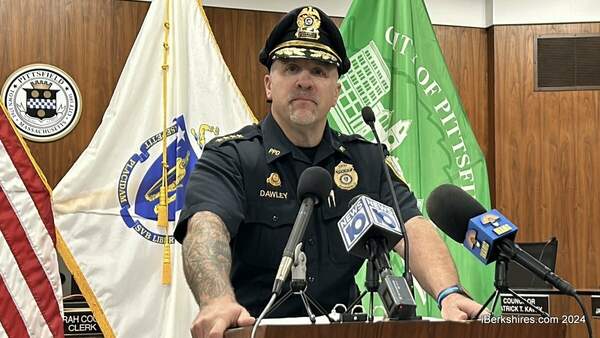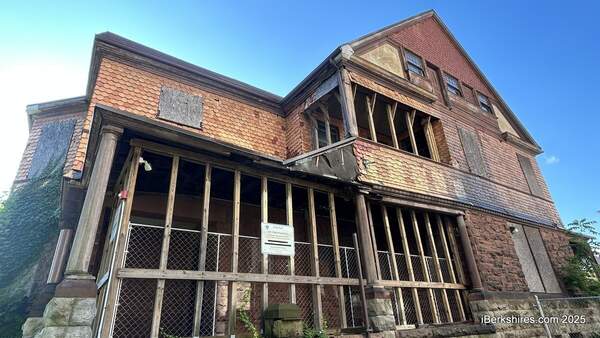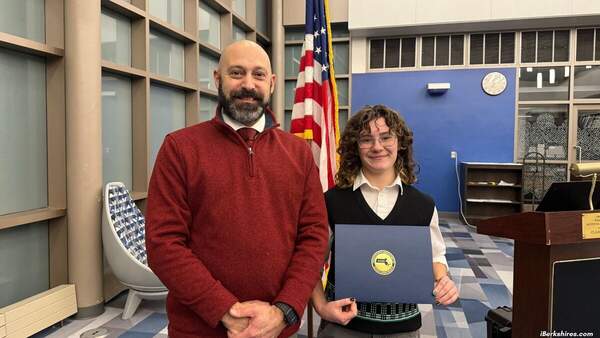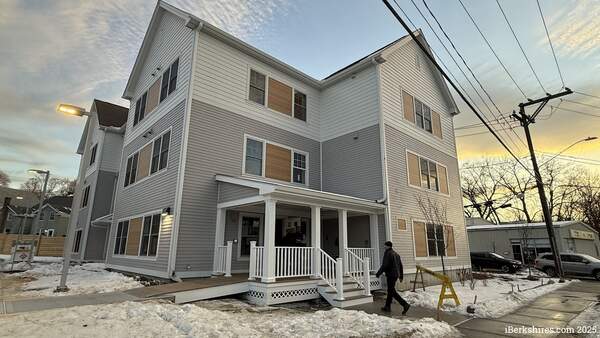Pittsfield School Subcommittee to Review Cell Phone Policy
PITTSFIELD, Mass. — School Committee members will be looking into the district's 2015 policy on cell phones with the recognition that capabilities and use have expanded.
Pittsfield Public Schools require devices to be turned off and not used during the instructional day or a school-sponsored activity or program. Violations can result in disciplinary action that includes the confiscation and denial of possession for a varied amount of school days.
Given the large role that technology plays in the modern day, there is a question of whether some use should be allowed.
On Wednesday, the Social Emotional Learning and School Safety subcommittee discussed gathering input on responsible cell phone usage from principals, teachers, and students for a policy review. It will also gain insight from other districts' regulations.
Deputy Superintendent Marisa Mendonsa said the district needs to either close off cell phone usage or find a way to embrace it.
"I think the in-between world that we've been trying to toggle for many years is slowly creeping away from us and as it becomes more accessible because of cost," she said.
"If you think about the policy in 2015, I would argue there weren't as many students with them at that time but it's just grown in terms of just smaller cell phone carriers coming to light and it's just easier to access and so many of us don't have landlines anymore so there it is the one way to communicate with our children."
Daniel Elias agreed.
"We've almost gotten to that point where kind of has to be nothing at all or find a way to make it work," he said. "That in-between area we've been living just seems to not happen."
In 2019, Pew Research Center reported that 95 percent of teenagers have access to a smartphone.
Subcommittee members pointed to the positives and negatives of cell phone usage within the schools.
Elias has concerns about the technology causing a disturbance inside the classroom and social media being used in a negative fashion.
Safety has always been a concern as well.
In speaking with elementary school students, Vicky Smith found that some use cell phones to communicate with divorced parents to confirm which house they are going to after school.
Mendonsa feels it would be productive to look at what is working with cell phones, deeming them as a "pocket encyclopedia."
"If the student didn't have access to a Chromebook or maybe there wasn't enough available, some students I know are using their phones to do work to do research," she reported.
"So I think it is also a question of, when utilized well, how is it being used? I think some teachers have shown great strengths in how to have students use their phones for different pieces. Sometimes it's easier to use a phone and to take it with you than a Chromebook if they're going outside, for instance, and some other pieces. So I think that's also an element of it."
Alison McGee suggested potentially adding guidance for responsible cell phones and listing the types of activities that would be acceptable.
"I'm wondering if, again, a teaching of responsible cellphone use could be part of the restoration that happens after a violation," she said.
"And I don't know whether it'd be a contract where you're saying I promise to use my phone more responsibly and I go through some training on what is the right way to use it, whether it's actual reminders and supports that might help. Maybe there are students who might need an actual accommodation to remind them to use it more responsibly than other students might."
Smith said that she is excited about the concept of cell phone guidance rather than punitive measures for violations and is interested to see what students think is an acceptable use.
The SEL and safety subcommittee met for the first time earlier this year with a focus on the safety of students to and from school, added physical security measures in schools, and enhancing the complex social-emotional learning environment.
Enc. No. 2, STU-38 Secure S... by Brittany Polito
Tags: phone, school policy,















